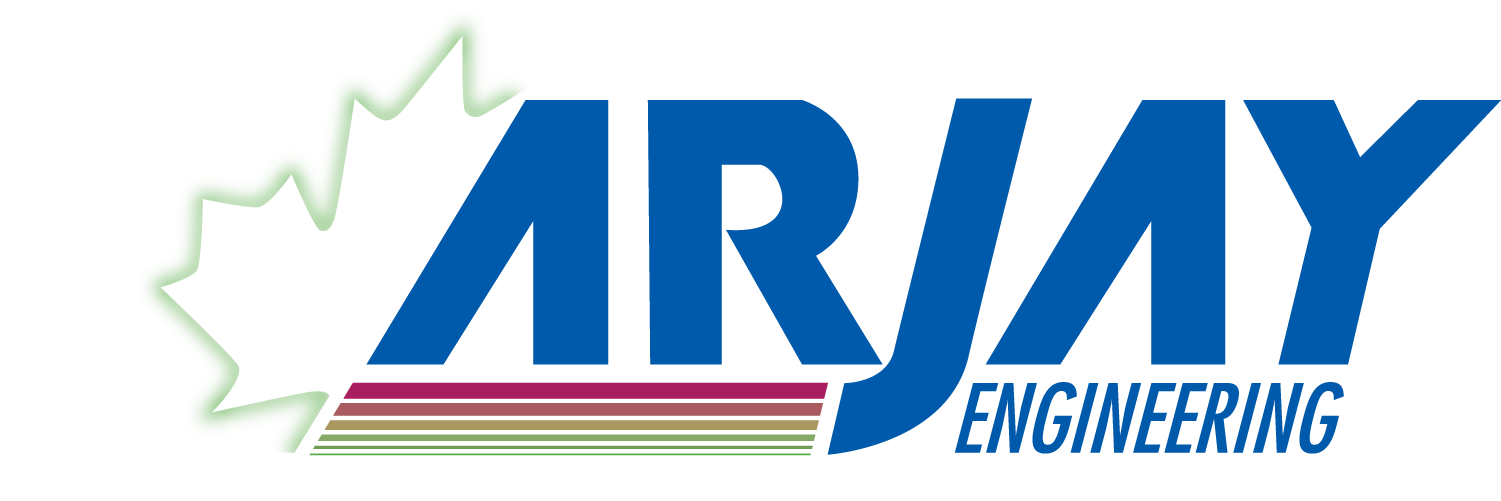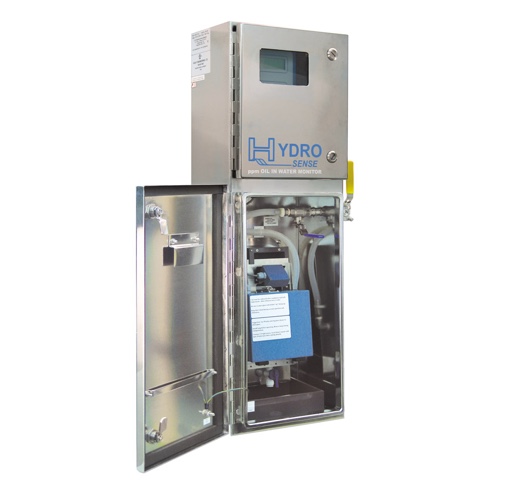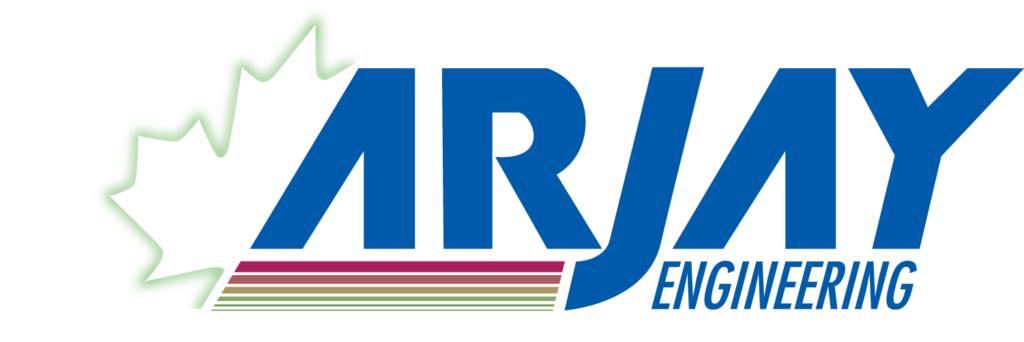Overview
The HydroSense 4410-LMP Oil in Water Analyser offers continuous on-line monitoring for ppm concentrations of petroleum oils in effluent and produced water without chemicals or lag time. A non-contacting sensor design minimizes system maintenance. The 4410-LMP is the engineered combination of three unique designs:
- The sensing chamber contributres a continuous controlled water sample
- While the optical sensor package hovers above the passing strean
- The Arjay controller then monitors the multiple signals to provide a reliable ppm concentration output
This Oil in Water Analyser uses a UV fluorescence technique to target the aromatic component of the oil contamination. Through a site calibration this aromatic tag provides an indication relative to total oil. A continuous sample flow is tapped or pumped off the process line and directed through the HydroSense chamber. It passes behind the noncontacting UV light source and is targeted with filtered light energy. The soluble and emulsified oils in the water will excite from this light energy and fluoresce light energy back out of the water at a signature wavelength. The intensity of light energy at this wavelength is measured to provide an indication of the ppm concentration.
Features & Benefits
• The special UV absorbing flow plate sheens the water over a large surface area. The resulting high surface area to depth ratio provides many benefits.
• The sensitivity to oil molecules is increased by maximizing the optical viewing area
• The minimal depth discourages oil molecules from ‘hiding’ behind particulates in the water
• The large lamp source targets the water from multiple angles to get a representative sampling of all oil
• The large sample target area ensures a representative and stable snapshot of the water conditions
• The unit can tolerate suspended solids up to 400 mg/lnon-contacting optics minimizes maintenance
• Non-contacting sensor design minimizes system maintenance
• Fluorescence technology is selective to petroleum hydrocarbons by targeting their aromatic faction
• Continuous on-line monitoring without chemicals or lag time
• Compensation for temperature and lamp degradation minimizes recalibration requirements
• Alarm warns of impending lamp replacement
• Long life lamp expectancy of 18 months
• Continuous on-line monitoring reads the water 50 times/second with an averaged display update every one second
• No consumables or chemical used
• Sample flow gravity outfalls to drain
• Available with CSA Zone 2 approval or with NFPA/ATEX Pressurization Systems for Zone 2
• Designed for harsh environments with a 316 SS housing
• No tools necessary for routine maintenance or lamp replacement
• The flow or power does not require to be turned off during routine maintenance
• Flow chamber diversion system conditions and clarifies sample
• Multi-point calibration available to customize response curves
• Overflow baffle de-aerates bubbles
• Certified to IMO MPEC.107(49) when interfaced with site logging and by-pass requirements
Technical Specifications
Control Unit
Range: User selectable 0-10 ppm to 0-5,000 ppm minimum alarm set point 3 ppm
Display Resolution: 0.1 ppm
Instrument Accuracy: +/- 0.1 ppm
Process Accuracy: +/- 1.0 ppm under stable conditions
Oil Type: All PAH hydrocarbons, free and dissolved
Sensitivity: 145 ppb diesel reference; 463 ppb crude reference
Ambient Operating Temp.: 5°C to 50°C (best accuracy between 10°C to 40°C); Protect from direct sun or rain. Instrument shelter or indoor use is recommended. Air Conditioners available.
Ambient Process Temp.: 0°C to 40°C (optional cooler for temperatures >40°C)
Power Input: 24 vdc or 100–240 vac, S.P.
Alarm Relays: 4 x 10 amp, SPDT, dry
Output: 4-20 mA, Isolated
Interface: RS-485 standard (optional HART and FF modules)
Certifications: CSA SPE-1000; Canadian Electrical Code (CEC); USA National Electrical Code (NEC)
Enclosure: 316 SS, Type 4X, IP65


